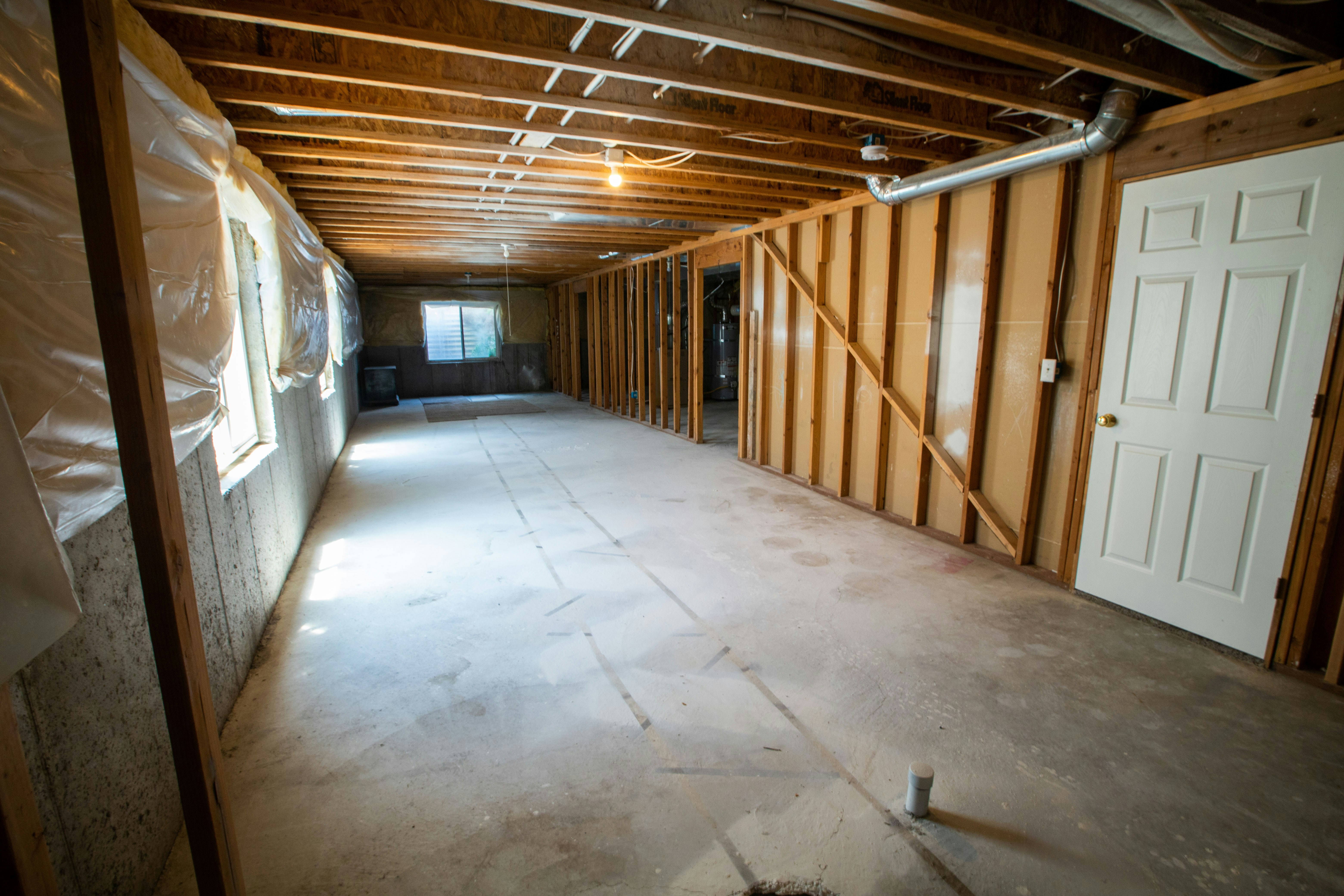
Introduction:
In the realm of high-value home renovations, the selection of a contractor is not merely a transactional decision; it's a strategic partnership. The right contractor can transform your vision into reality, while the wrong choice can lead to costly delays, subpar work, and significant stress. For homeowners seeking to optimize their investments and enhance their living spaces, understanding the nuances of contractor selection is paramount. This article delves into the critical factors that distinguish exceptional contractors, providing you with a framework for making informed decisions and fostering successful renovation projects.
1. Beyond the Bid: Assessing Expertise and Specialization
While competitive pricing is a factor, prioritizing expertise and specialization is crucial. A seasoned contractor brings not only technical proficiency but also a deep understanding of industry trends, building codes, and material selection. Begin by evaluating their portfolio and project history. Do they specialize in the specific type of renovation you're undertaking? Have they successfully completed projects of similar scope and complexity? Seek out contractors with relevant certifications and affiliations.
2. The Power of Due Diligence: Verifying Credentials and Reputation
Professionalism extends beyond technical skills. It encompasses licensing, insurance, and a proven track record of customer satisfaction. Verify the contractor's licensing and insurance coverage, ensuring they comply with local regulations. Seek out independent reviews and testimonials from past clients. Platforms like Houzz, Google Reviews, and the Better Business Bureau (BBB) can provide valuable insights. Don't hesitate to request references and engage in direct conversations with previous clients to gauge their experiences.
3. The Collaborative Approach: Communication and Project Management
A successful renovation hinges on clear communication and effective project management. Evaluate the contractor's communication style and responsiveness. Do they provide detailed proposals, timelines, and progress updates? Do they actively listen to your concerns and offer proactive solutions? A collaborative contractor will prioritize transparency, fostering a partnership built on trust and mutual respect. Consider their project management tools and processes. Do they utilize project management software, conduct regular site meetings, and have a dedicated project manager assigned to your renovation?
4. The Art of Material Selection: Quality and Sustainability
In the realm of high-value renovations, material selection is paramount. A professional contractor will guide you in choosing durable, aesthetically pleasing, and sustainable materials that align with your vision and budget. Inquire about their relationships with suppliers and their knowledge of emerging material trends. Discuss the long-term implications of material choices, considering factors like energy efficiency, maintenance requirements, and environmental impact.
5. The Contractual Framework: Clarity and Protection
A comprehensive contract is essential for protecting your interests and ensuring a smooth renovation process. The contract should outline the scope of work, project timeline, payment schedule, and warranty details. Review the contract carefully, and don't hesitate to seek legal counsel if needed. Ensure the contract includes provisions for change orders, dispute resolution, and project closeout.
Conclusion:
Selecting a professional home improvement contractor is a strategic investment that requires careful consideration. By prioritizing expertise, conducting thorough due diligence, fostering open communication, and establishing a clear contractual framework, you can navigate the complexities of renovation projects with confidence. Remember, the right contractor is not just a service provider; they are a partner in transforming your home into a space that reflects your vision and enhances your lifestyle.
Call to Action:
What factors do you prioritize when selecting a home improvement contractor? Share your insights and experiences in the comments below. Let's start a conversation and build a community of informed professionals.


